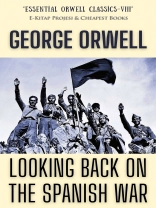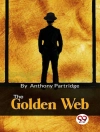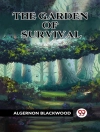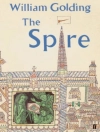First of all the physical memories, The sounds, the smells and the surfaces of things. It is curious that more vividly than anything that came afterwards in the Spanish war I remember the week of so-called training that we received before being sent to the front – the huge cavalry barracks in Barcelona with its draughty stables and cobbled yards, the icy cold of the pump where one washed, the filthy meals made tolerable by pannikins of wine, the Trousered militia-women chopping firewood, and the roll-call in the early mornings where my prosaic English name made a sort of comic interlude among the resounding Spanish ones, Manuel Gonzalez, Pedro Aguilar, Ramon Fenellosa, Roque Ballaster, Jaime Domenech, Sebastian Viltron, Ramon Nuvo Bosch. I name those particular men because I remember the faces of all of them. Except for two who were mere riff-raff and have doubtless become good Falangists by this time, it is probable that all of them are dead. Two of them I know to be dead. The eldest would have been about twenty-five, the youngest sixteen. One of the essential experiences of war is never being able to escape from disgusting smells of human origin. Latrines are an overworked subject in war literature, and I would not mention them if it were not that the latrine in our barracks did its necessary bit towards puncturing my own illusions about the Spanish civil war. The Latin type of latrine, at which you have to squat, is bad enough at its best, but these were made of some kind of polished stone so slippery that it was all you could do to keep on your feet. In addition they were always blocked. Now I have plenty of other disgusting things in my memory, but I believe it was these latrines that first brought home to me the thought, so often to recur: ‘Here we are, soldiers of a revolutionary army, defending Democracy against Fascism, fighting a war which is about something, and the detail of our lives is just as sordid and degrading as it could be in prison, let alone in a bourgeois army.’ Many other things reinforced this impression later; for instance, the boredom and animal hunger of trench life, the squalid intrigues over scraps of food, the mean, nagging quarrels which people exhausted by lack of sleep indulge in.
About the author
Who Was George Orwell?George Orwell was an English novelist, essayist and critic most famous for his novels ‘Animal Farm’ (1945) and ‘Nineteen Eighty-Four’ (1949). George Orwell was a novelist, essayist and critic best known for his novels Animal Farm and Nineteen Eighty-Four. He was a man of strong opinions who addressed some of the major political movements of his times, including imperialism, fascism and communism.Family & Early Life Orwell was born Eric Arthur Blair in Motihari, India, on June 25, 1903. The son of a British civil servant, Orwell spent his first days in India, where his father was stationed. His mother brought him and his older sister, Marjorie, to England about a year after his birth and settled in Henley-on-Thames. His father stayed behind in India and rarely visited. (His younger sister, Avril, was born in 1908. Orwell didn’t really know his father until he retired from the service in 1912. And even after that, the pair never formed a strong bond. He found his father to be dull and conservative.According to one biography, Orwell’s first word was ‘beastly.’ He was a sick child, often battling bronchitis and the flu.Orwell took up writing at an early age, reportedly composing his first poem around age four. He later wrote, ‘I had the lonely child’s habit of making up stories and holding conversations with imaginary persons, and I think from the very start my literary ambitions were mixed up with the feeling of being isolated and undervalued.’ One of his first literary successes came at the age of 11 when he had a poem published in the local newspaper.












